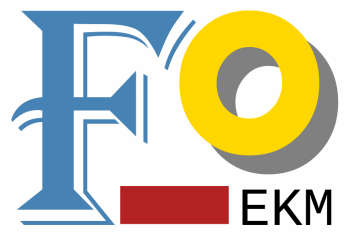
ETHNOSCIENCE is an international and inter-institutionally developed interdisciplinary field that includes ethnocosmology, ethnometeorology, ethnobiology, ethno-ecological and vernacular/ethno-ecological approaches, ethnomedicine, the observation and analysis of strata and forms of astronomical culture. The inclusion of local and personal perspectives, the analysis of grassroots attitudes and opinions, including how people respond to change (approaches to interpreting names, uses, nature-culture interactions and ethno-ecological trends in terms of beliefs, narratives and practices) will be central.
Human interactions with the environment, including plants and animals, will be under the spotlight (in the field of anthropology and zoofolklore/anthrozoology, work will be undertaken to develop a new data collection and results). The collection of up-to-date information, the development of folkloristic orientations through qualitative and experimental research will be at the centre of attention.
The ethnobotany strand will be coordinated by Raivo Kalle.
In the area of APPLYED RESEARCH, comparative interdisciplinary studies on shifts in national paradigms in post-socialist Europe are underway, including urban celebrations as one of the leading types of calendar dates of the present time and the stratification of the school calendar. In both these areas, collaboration will be developed within the department and with external partners.
The second direction relates to the search for links between the cultural image of a place, mental mapping and multi-local patterns of behaviour.
International co-operation: Eesti-Bulgaaria TA projekt Loodus, religioon ja maagia 2024-2025; Estonina-Udmurtian co-operation; SIEF: Ethnology of Religion, SIEF: The Ritual Year, Taming European Leviathan, Between the worlds (2019-2024).
